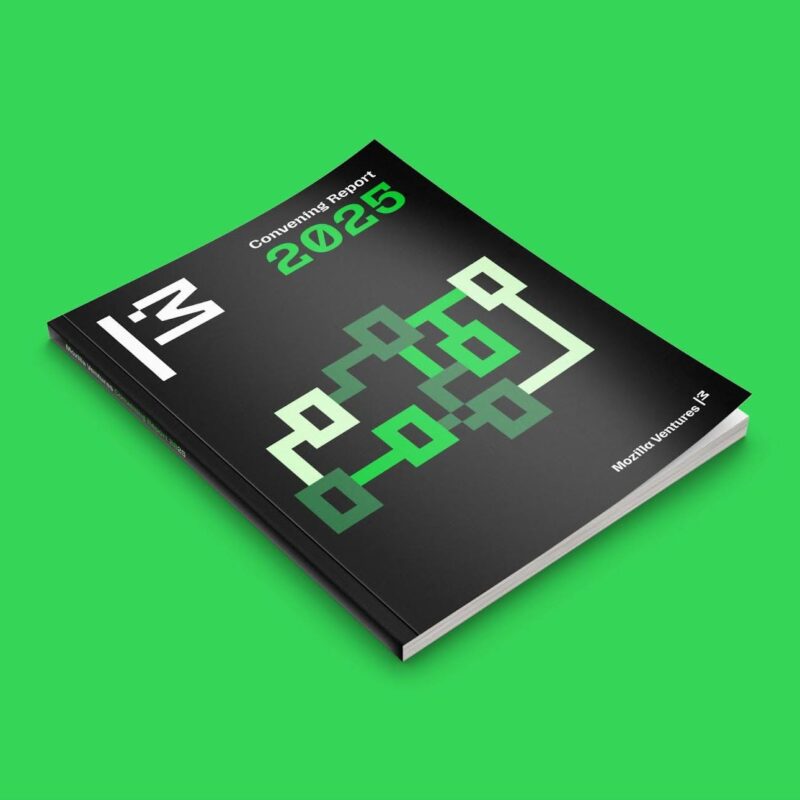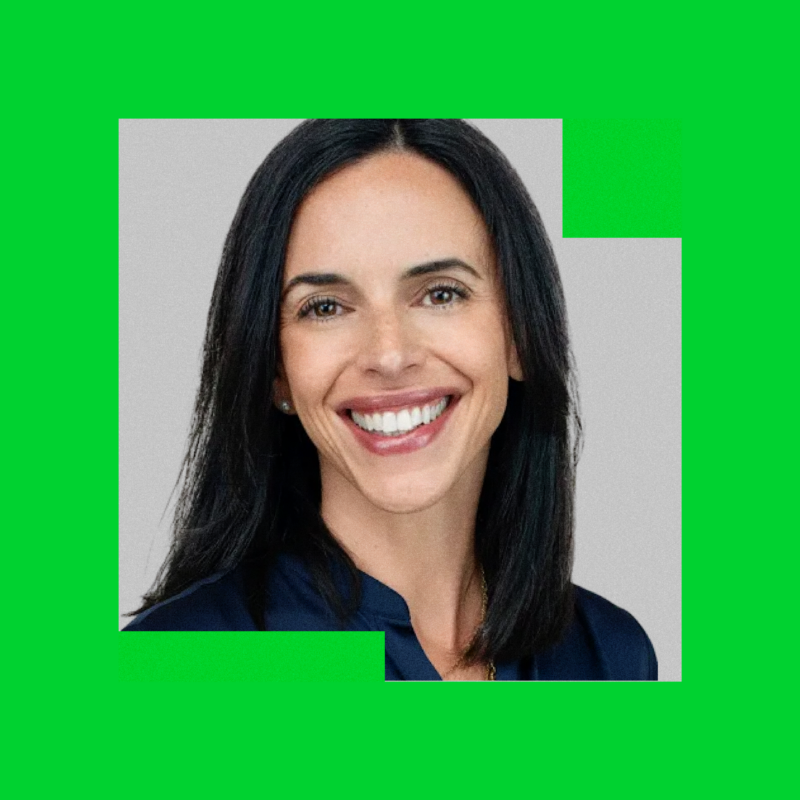Building a Healthy Web to Hand to Future Generations
Ten years ago, a scrappy group of ten Mozilla staff and thousands of volunteer Mozillians broke up Microsoft’s monopoly on accessing the Web with the release of Firefox 1.0. We won by bringing together a diverse and global community through a shared commitment to a singular goal: to champion the Web as a global public resource, open and accessible to everyone.
The challenges we face now are just as great today as they were a decade ago. The Web has made our lives better, but we are seeing the growth of new empires. A handful of organizations control how we search, how we message each other, where we store our data and how we can access it. This threatens the promise of the Web as an open and trusted resource for all of humanity.
What Mozilla Does to Build the Web We Need
The Mozilla project is dedicated to tackling these challenges. Our community makes Firefox products that are loved and used the world over, all in service of our mission to protect the Web. We are also hard at work teaching thousands more people how to help build the Web, developing innovative open source technologies for others to leverage, protecting individual privacy and establishing technical standards.
Mozilla had total, combined revenue of around $314M last year. That’s a huge amount of money by any measure, except the one we face: the combined strength of our competitors. Last year, Google spent more just on advertising than we spent on everything.
The success of the Mozilla project is the direct result of one thing: contribution. We are a global movement of people who give their time and resources to build, shape, and teach people about the Web we need – open, interoperable, and ours. But we face some very strong challenges. It’s easy for systems to default towards being closed, proprietary, centralized and controlled by a privileged few.
For us to build the Web we want, we need to ship code, launch products, earn revenue and raise funds, establish standards, foster partnerships, engage volunteers, and educate the next generation of open Web warriors. It’s a big task. One that requires all the time and money our incredibly passionate and dedicated community can rally to the cause.
Addressing misconceptions
Reporters and others have taken a look at our financials and not understood the full picture. In particular, some articles have stated that our search revenue is declining and suggested there is a link between our search deals and our philanthropic fundraising campaigns. Neither thing could be further from the truth.
In fact the Project’s finances have remained healthy. Our 2013 revenue results were much higher than our 2011 results and our 2012 results were not a surprise. The increase between 2013 and 2012 was consistent with the contract terms we agreed. We expect similar results in 2014, the final year of our three year contract with Google. Moreover, there is no link between our search deals and our fundraising activities — these two activities are tied to totally different parts of Mozilla’s work.
Sustainability
We think about sustainability differently than many organizations. We think about the sustainability of our mission first. Economic sustainability is important of course, but not the most important element. For us, the core of sustainability means maintaining a healthy project: creating value for people who use the Web; educating people across the Web on how it can enrich their lives; building a community of supporters and volunteers who want to keep the Internet open and strong; and, of course, generating revenue to support all of these activities.
The revenue Mozilla generates includes both fundraising and earned income. In order to clear up any misunderstandings, it’s worth explaining how each of these types of revenue work and how we use the funds we generate.
Our philanthropic revenue includes grants and individual donations. Our partnerships with global foundations, including Knight, MacArthur, and Ford, have brought more than $25M to the mission since 2010. In addition to these larger grants, we connect with our strong and loyal user base who consistently ask how they can contribute and donate to the Web. These community-driven fundraising efforts, which include the appeal currently featured within our Firefox browser, are our fastest growing source of philanthropic dollars, having raised more than $3M across four campaigns since 2011. Funds raised go directly to the Mozilla Foundation and are used to support our education, research and public awareness work.
Our earned income includes the recent search deals we struck with Yahoo, Yandex and Baidu. These agreements represent our largest source of income and provide us with much of the stability, independence and flexibility we need to pursue our mission on a global scale. We are also launching new, mission-driven products and expanding on our current portfolio, including Firefox for Windows, Mac and Linux, Firefox for Android, Firefox OS, Content Services and Cloud Services. This revenue is earned by the Mozilla Foundation’s wholly owned subsidiary Mozilla Corporation and is used to fund our product development and marketing efforts.
This revenue is one source of fuel for Mozilla’s efforts to protect the Web as a public resource. As noted above, the funds we generate make products and run programs that advance our mission. However, the much larger driver of Mozilla’s sustainability is the time, talent, and dedication of our global community. More than 120,000 people donated in 2013 and more than 200,000 have given this year. These people do more than just give money, they are showing they support the Web. The same is true of the hundreds of thousands of people who signed onto Mozilla campaigns for net neutrality and other issues over the past few years. And, of course, the 20,000+ volunteers who help build Mozilla products and run Mozilla educational programs do more than just give time — they are the heart and soul of what we do.
These people are all key to our ability to challenge the empires of the Web and to shape where the Web is going. They are core to our sustainability strategy. They are Mozilla.
Mark Surman, Executive Director, Mozilla Foundation
Denelle Dixon-Thayer, Senior Vice President of Business and Legal Affairs


